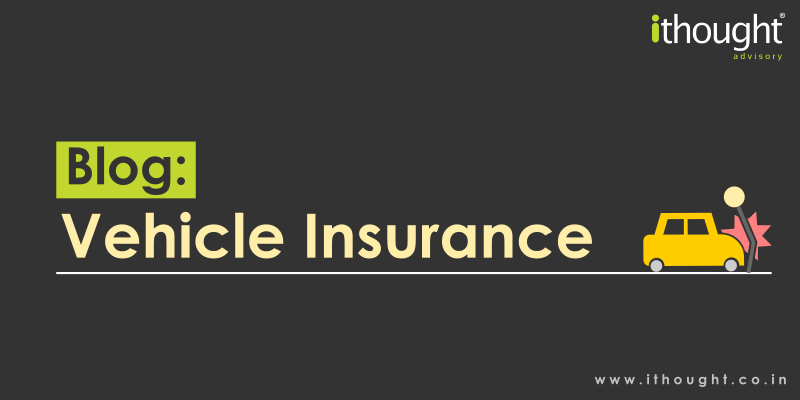
How does India get to work?
As per a recent survey conducted by ICE 360°, bicycles and two-wheelers are the vehicle of choice for most Indians in their daily commute to work. Even car owners prefer two-wheelers. More than half of the households in developed rural areas own a two-wheeler and roughly a quarter of them own a car. The comparative ratios for metros are nearly identical.
With a booming population that is using cars and two-wheeler for day to day commute, the challenge is getting people to be responsible drivers. The least we could do is to stay financially secure in the face of uncertainties. Vehicle insurance can ensure financial protection and reduce the liability for damages arising from accidents.
In India, it is mandatory to have vehicle insurance before using a motor vehicle on roads. Vehicle insurance is insurance for cars, trucks, motorcycles, and other road vehicles. Vehicle insurance would typically cover both, the property risk and the liability risk. Property risk is theft or damage to the vehicle. Liability risk arises from legal claims from an accident.
There are two aspects to a vehicle insurance policy:
- Third-party cover policy: It covers the loss or damage caused to the third party. It also provides personal accident cover to the driver in case of an accident.
- Comprehensive Insurance policy (that covers the own damage in addition to the third policy cover)
A Vehicle Insurance policy can be enhanced by paying an additional premium for add-on features.
With the recent legal amendment on vehicle insurance, a portion of your vehicle insurance premium (covering third-party liability) must be paid upfront for three years thus increasing your premium in the first year. For two-wheelers, the premium for third-party liability of five years will have to be paid upfront. According to the Insurance Regulatory and Development Authority of India’s (IRDAI), such multi-year or long-term policies are now mandatory while buying a car or bike.
Some factors that affect the premium are IDV (Insured declared value), make and model of the vehicle, fuel type, driving history, etc.
Making continuous payments for your insurance policy may leave you wondering what purpose it serves, especially if you have never made a claim. Vehicle insurance does have a purpose – it is a pure risk management tool. However, it is imperative that you have vehicle insurance because:
- It is required by law
- You can compensate someone for an accident you caused
- You can seek compensation for an accident caused by someone else